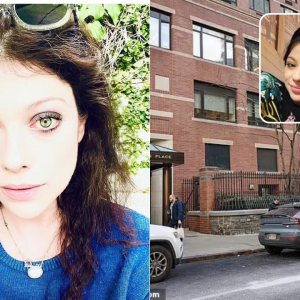The ban on face coverings in public spaces in Switzerland officially came into effect following its approval in a referendum held in March 2021. This ban prohibits individuals from covering their faces in public areas, including the wearing of burqas or niqabs, which are commonly worn by Muslim women. However, the law does not exclusively target religious attire but also applies to other types of face coverings or masks.
The stated purpose of the ban, according to its proponents, is to enhance security, promote social integration, and uphold Switzerland’s democratic values. However, the ban has sparked controversy and faced significant criticism, particularly from human rights organizations and the Muslim community. They argue that it infringes on personal freedoms and religious rights.
Key points about the ban include:
- Scope: The ban applies nationwide, covering public spaces such as streets, squares, parks, and public transportation. However, there are exceptions for specific circumstances, such as health reasons, weather conditions, or cultural events (e.g., costume festivals).
- Penalties: Violators may face fines, with the specific amount varying depending on the case.
- Controversy: Opponents argue that the ban unfairly targets a small minority and could contribute to increased discrimination. Proponents, on the other hand, emphasize that the ban is part of efforts to ensure equality and combat oppression.
The implementation of this ban highlights the broader debate about balancing individual rights and collective values in today’s multicultural societies.
4o





